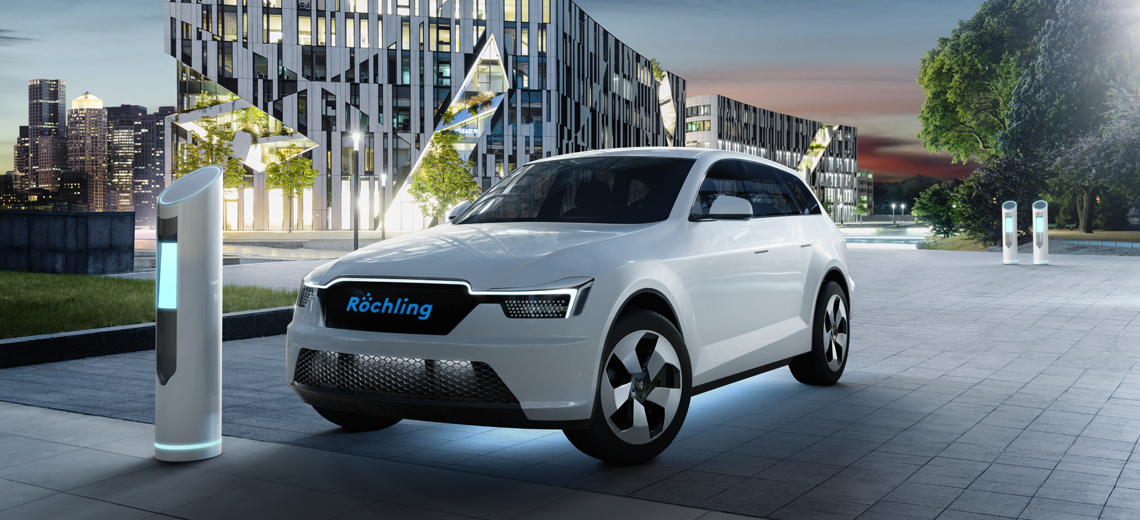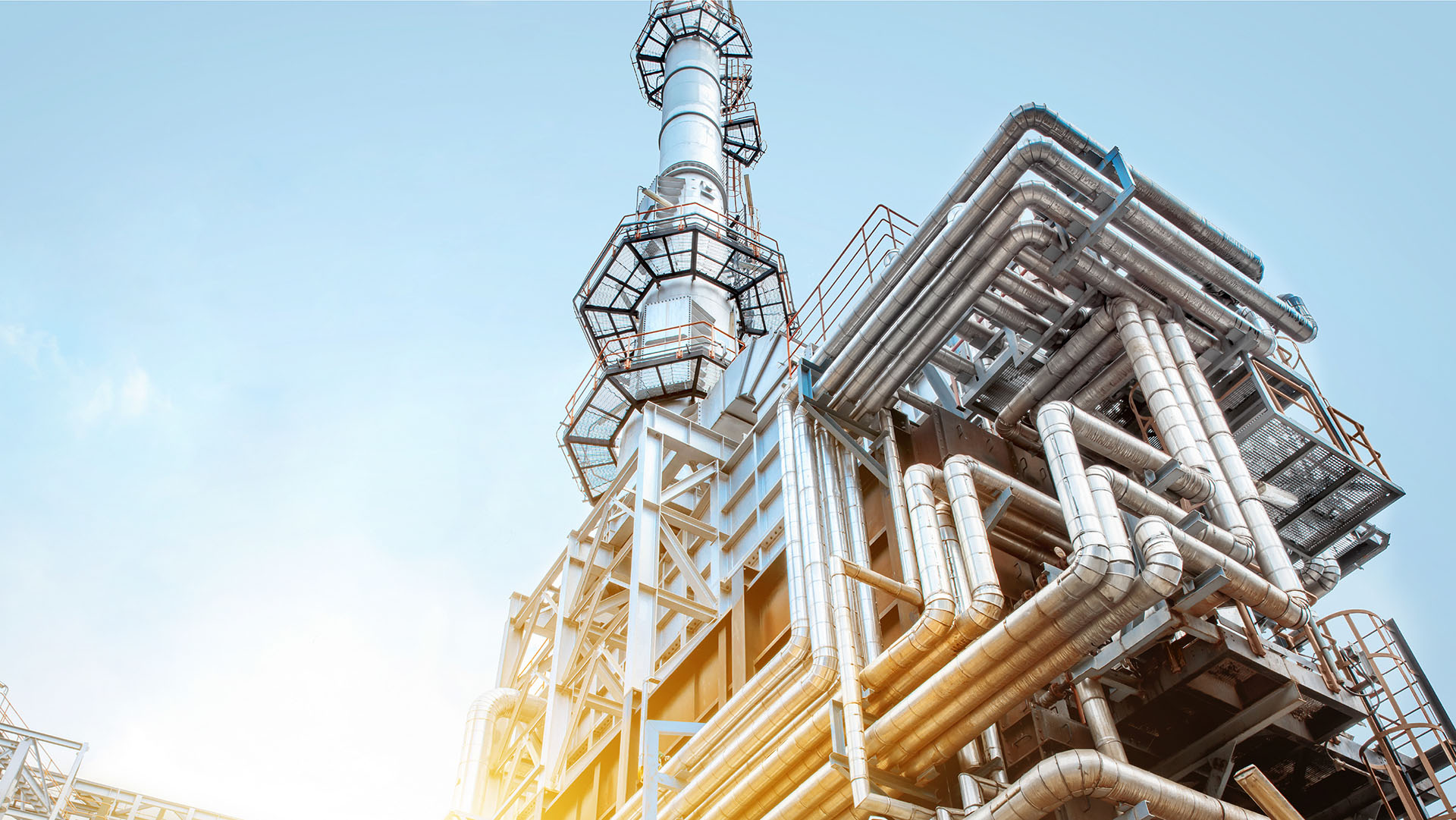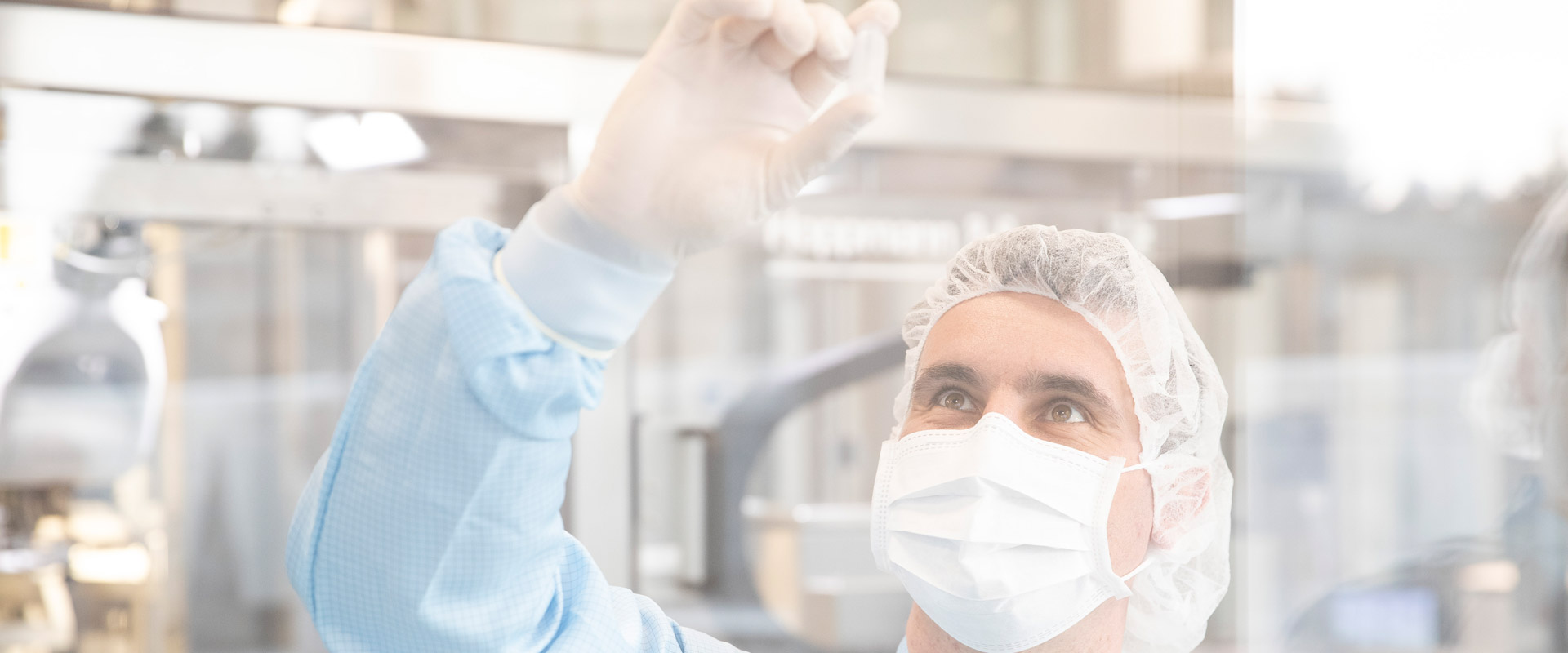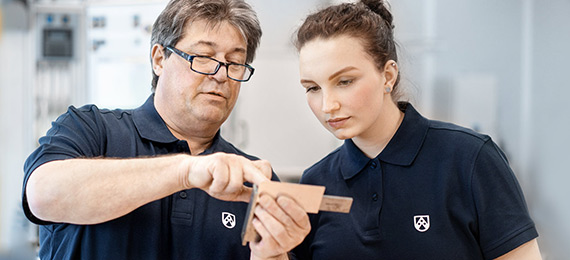Promoting bio-based raw materials

With mass-balanced bioplastics, you promote the use of bio-based raw materials and reduce the use of fossil raw materials.
Trust proven properties

Mass-balanced bioplastics have the same properties as comparable plastics which are purely fossil-based. Thanks to that, you can rely on proven material properties and increase sustainability in your application.

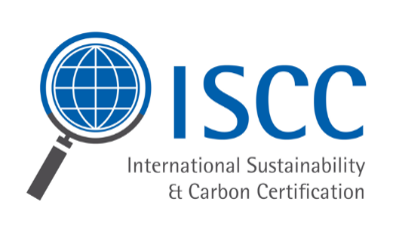
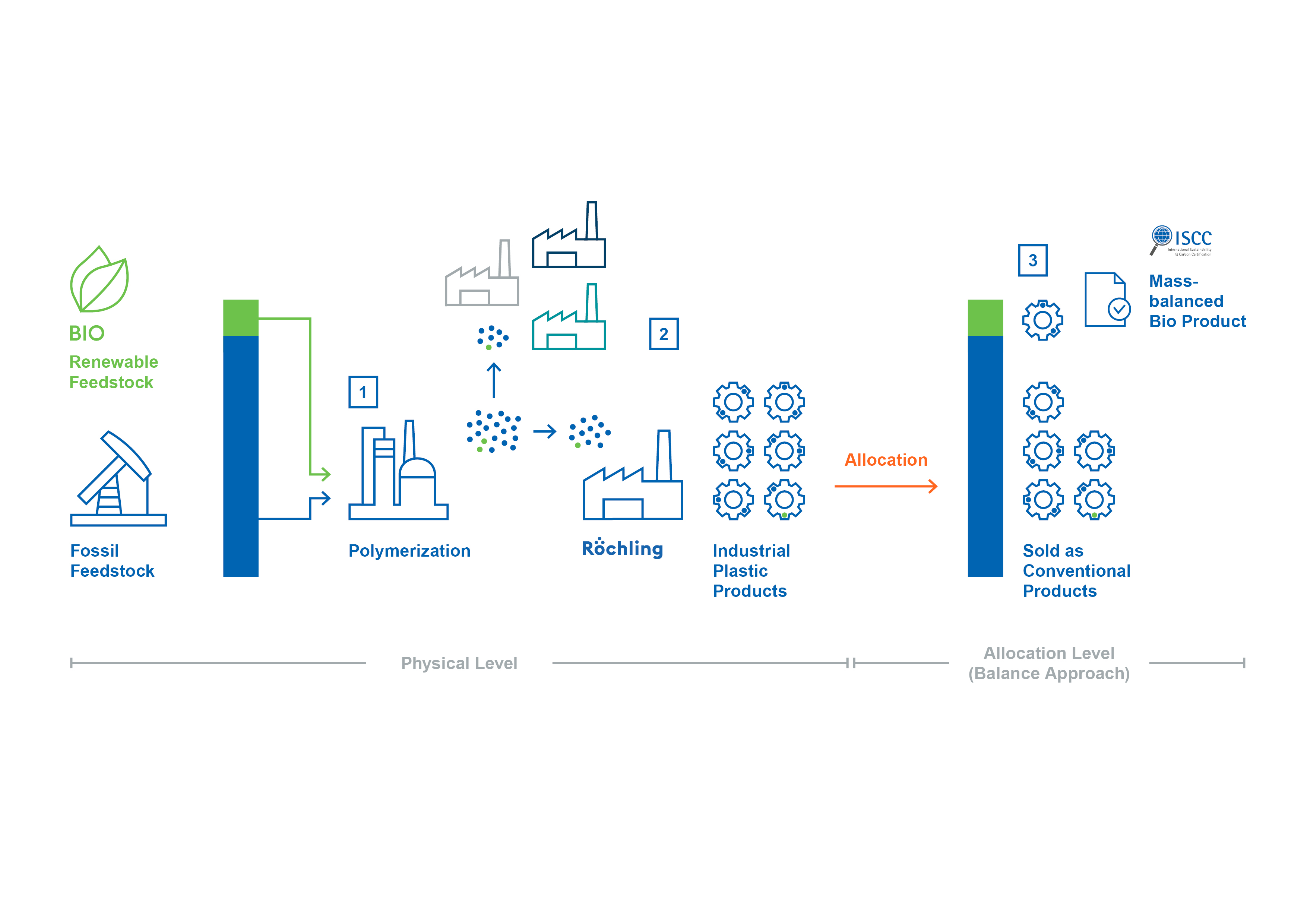
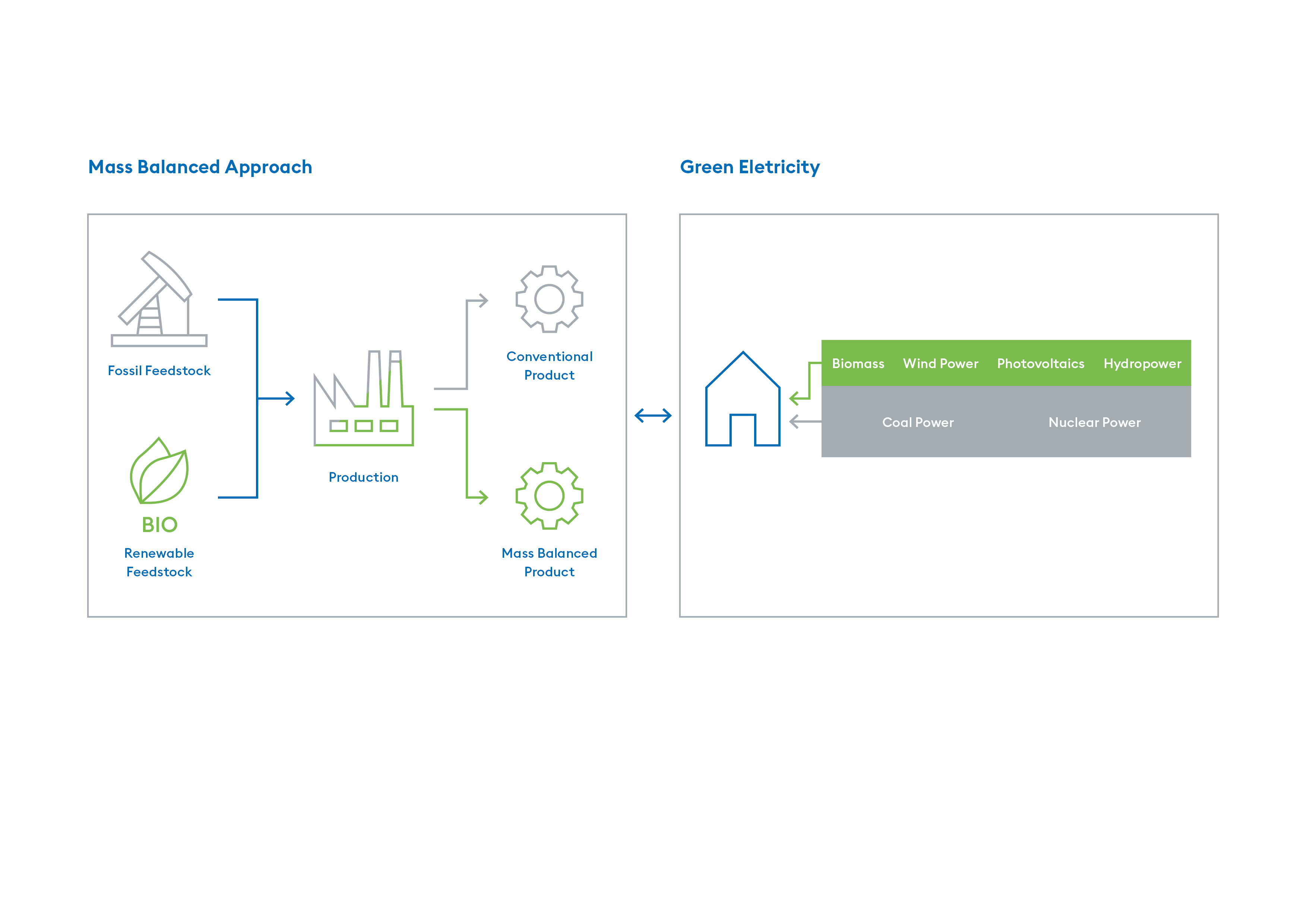
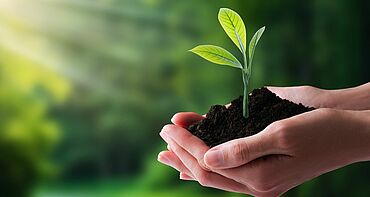

![[Translate to German:] [Translate to German:]](/fileadmin/_processed_/f/3/csm_Newsletter-Kreislauf_3331d2f3b2.jpg)







